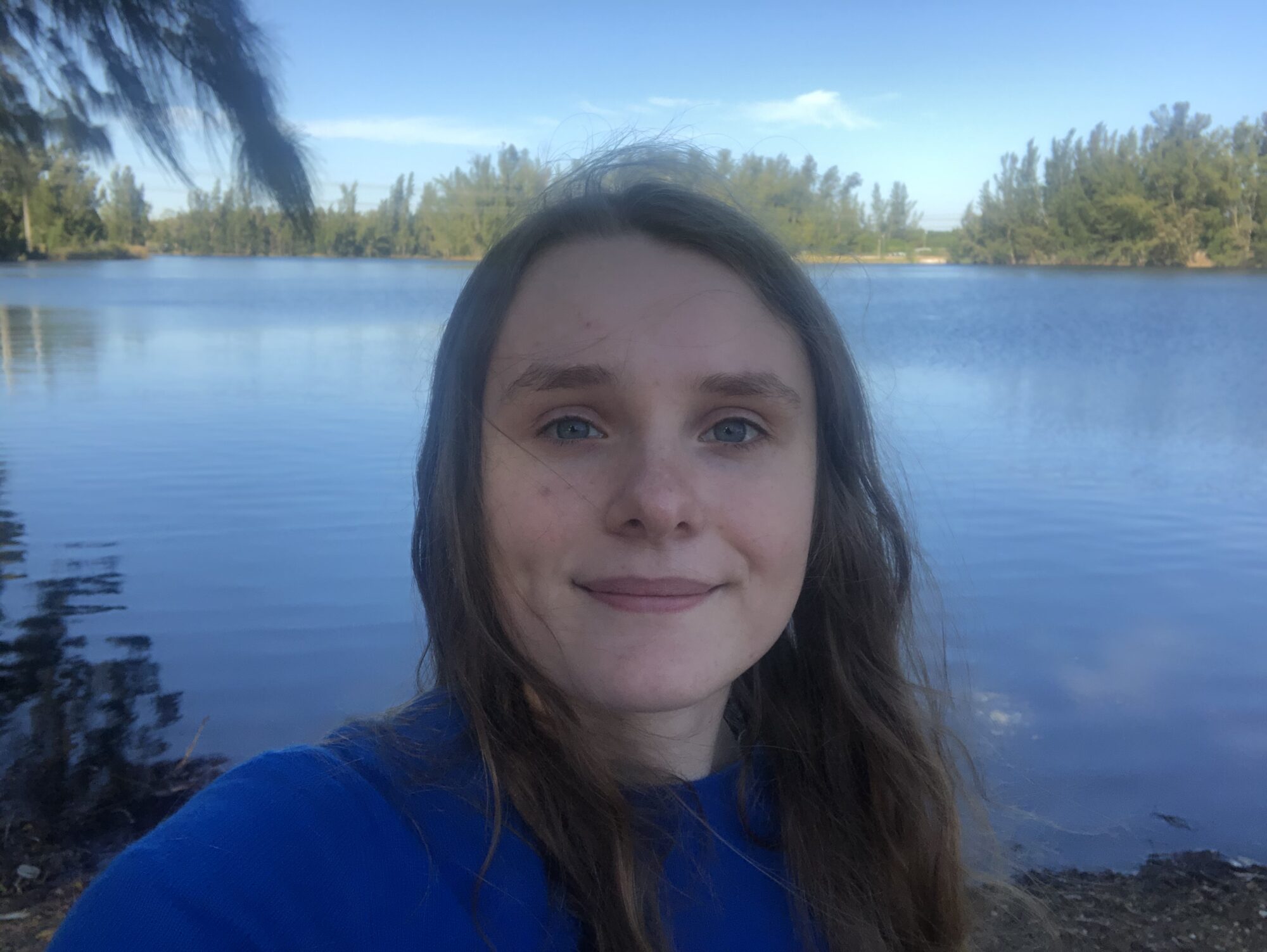
Inspiration can come from very unexpected sources. For Megan Perlman ’23, her inspiration, for the invention that could potentially provide an outlet to help soothe the wearer, came from snakes.
Perlman is a bioengineering student in the School of Engineering and Computer Science. Throughout her academic career Perlman learned many theories and concepts but had limited opportunities to put her knowledge into a hands- on project.
Luckily for Perlman, one of her instructors emailed her about the course DES 400 Inclusive Design, which is part of the Intelligence ++ program. The course works with Inclusive U students as well as students across campus. Through research and learning, teams have the opportunity to products, services and technologies that are accessible, inclusive and could be an immense help for the disability community.
After tagging along for a day to learn about the day-to-day life of her teammate Andrew, who is sensitive to sound, Perlman started to think about an invention that could help Andrew.
Perlman herself is sensitive to light and wears tinted glasses to help her eyes. After brainstorming eyewear and earbuds to help Andrew, Perlman decided on a scarf design that would help comfort Andrew with his sensitivity.
The inspiration? Therapy snakes. Andrew loves snakes. His dream is to breed and train snakes as therapy animals to donate to people who need them. After all, we can imagine how snakes could give really good hugs. This prompted Perlman and her team to design a snake inspired scarf.
Andrew does not like things that make him feel hot. Coming from Florida, Perlman knew too well that a normal scarf would not be the ideal product for everyone. This product is all about comfort and sensations. From her own experience, whenever Perlman was stressed, she would put a wet towel behind her neck. This idea brought about installing a piece of fabric near the neck that could be wetted. There would also be textures on the scarves that the user could interact and fidget with to soothe themselves. Soothing scents could also be installed in the scarf for comfort.
Perlman and her team (Rabia Razzaq and Andrew) are already starting a prototype but they are doing more research to improve the design.
Through the course, Perlman was also introduced to the Blackstone LaunchPad at Syracuse University Libraries, located in the Bird Library. The team will be working with the LaunchPad to help compete and raise funds for the idea.
Perlman really enjoys the videos and discussions that happen in the course, which are about topics that are not generally explored in everyday life. The course has definitely increased her knowledge on inclusivity and accessibility.
Story by LaunchPad Global Fellow Natalie Lui ‘22; photo supplied